Encyclopedia of Mind Enhancing Foods
Encyclopedia of Mind Enhancing Foods [aVKs].pdf
[1 eBook – PDF]
Description
Even the most casual reader of contemporary mental health news will be familiar with substances such as ginko biloba, St. John’s wort, and estrogen. But Satan’s testicle? Thunder Nectar? Colorado River toad? In searching for the magic bullet that will restore memory, grant serenity, or stave off debilitating senility, consumers spend millions of dollars on pills, potions, elixirs, and foodstuffs. In the largely unregulated world of nutrients, herbs, and supplements, this source can help sort beneficial foods or supplements from those that may be not only ineffective but dangerous, even lethal, when misused.Organized into chapters covering such topics as “Foods,” “Herbs,” “Vitamins, Minerals, and Related Nutrients,” “Hormones,” and “Essential Oils,” the entries cover a wide scope from foods of relative safety like honey or seaweed to synthetic drugs and additives associated with much greater risk. Within the chapters, the more than 400 entries are arranged by each substance’s popular name and provide alternate names, food sources (if relevant), and information on effects, precautions, and dosage. Length ranges from a few lines to several pages for Vitamin C and Vitamin E. The effect on the human brain, not the body, is the focus. For example, although Horsemint, described as a possible aid in minimizing the symptoms of Alzheimer’s disease, is an entry, its in-store shelf-mate horse chestnut, a natural extract that may enhance circulation, is not. The encyclopedia does, however, describe the effects on the body that many of these substances can have. The peppermint taken to alleviate headaches can, in overdose, cause heart problems; the germanium found in aloe, barley, and ginseng and taken to improve brain function can cause kidney failure; and the wormwood ingested as a sedative can be a powerful poison.Many of the same substances are given more in-depth treatment in sources such as Medicinal Plants of the World (Humana, 1998-2001) and PDR for Nutritional Supplements [see p.2172], but with its concentration on the effects of nootropic substances on the brain, Encyclopedia of Mind Enhancing Foods, Drugs and Nutritional Substances has a unique focus. It should be noted that medical citations are not always provided and that the index is not thorough. But health-conscious consumers should find the volume useful and even fascinating, and it would be quite at home, well-thumbed and dog-eared, if displayed on physicians’ office coffee tables as well as in public libraries of any size.
You must be logged in to post a review.

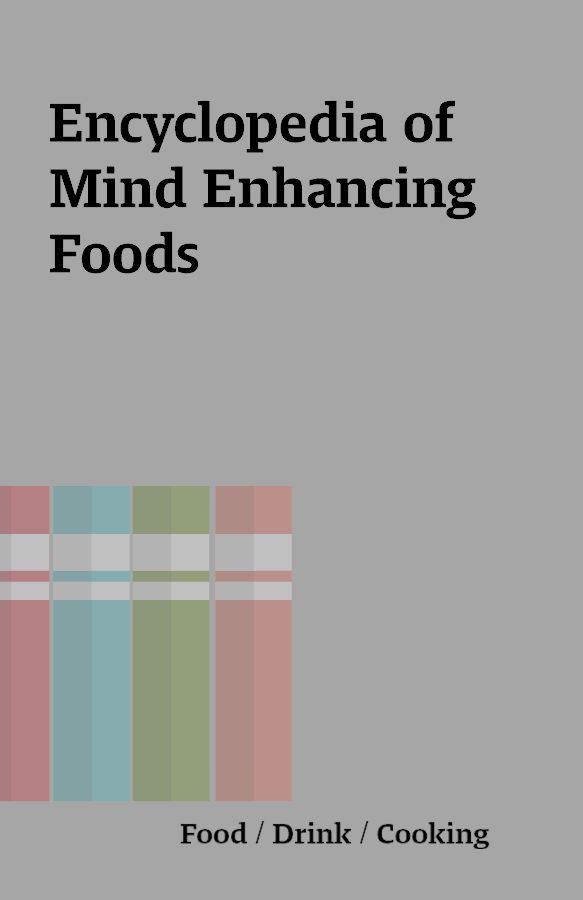
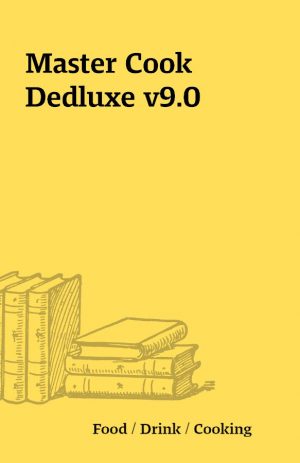
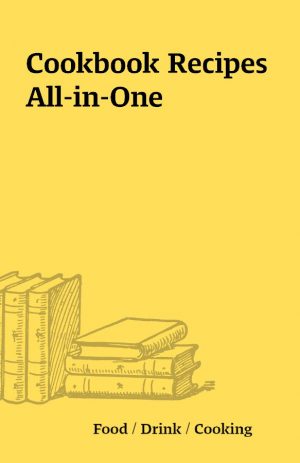
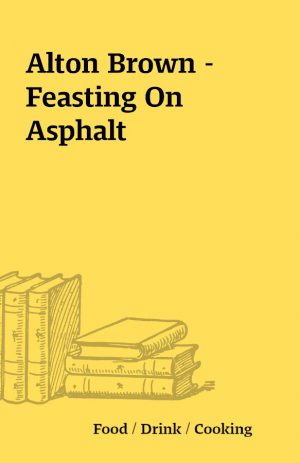
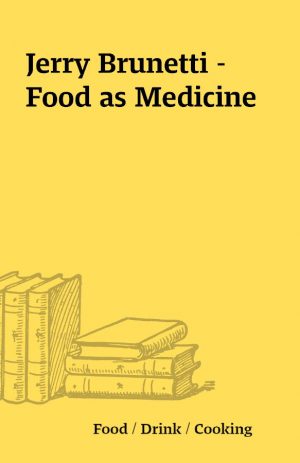
Reviews
There are no reviews yet.